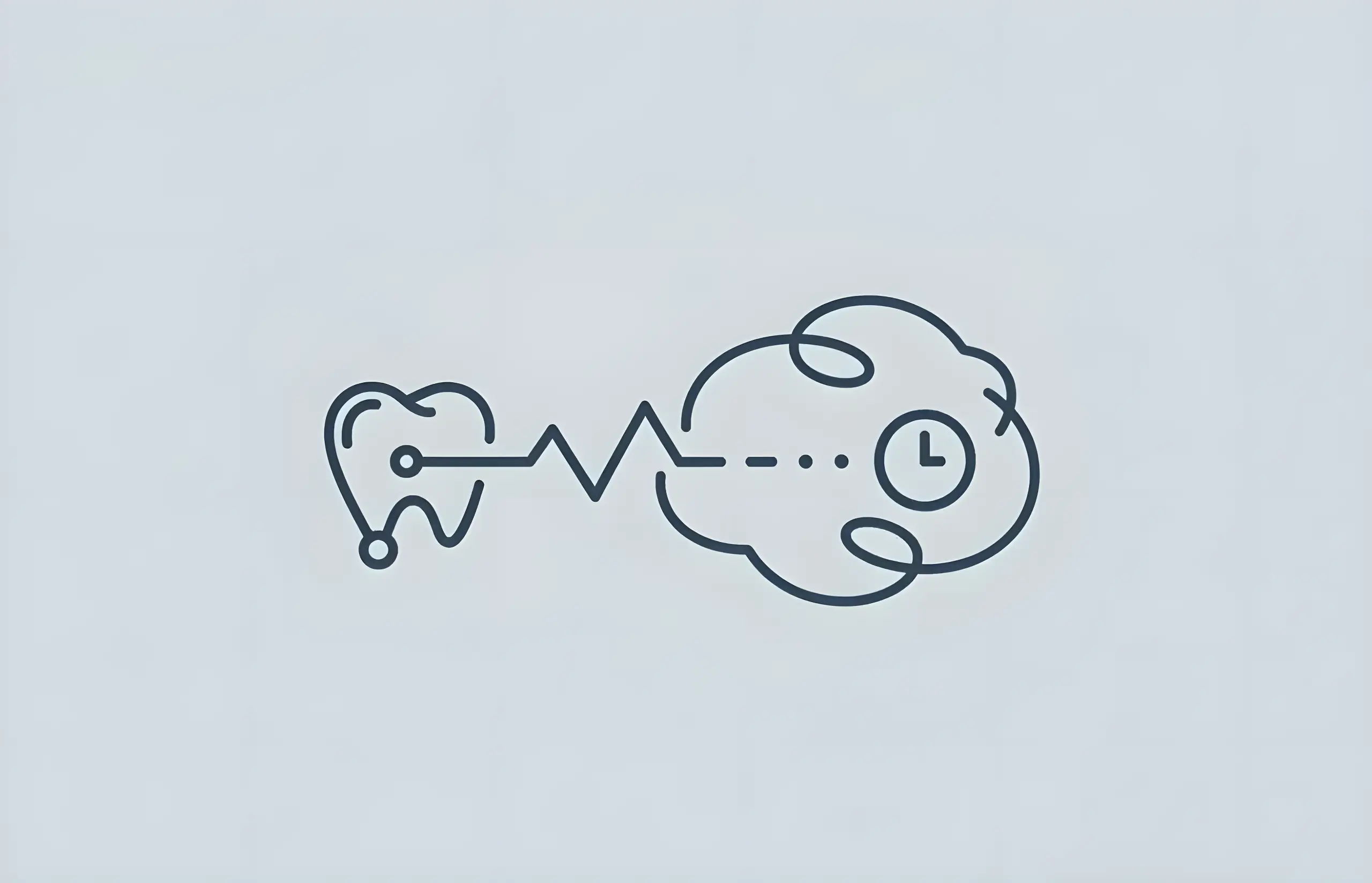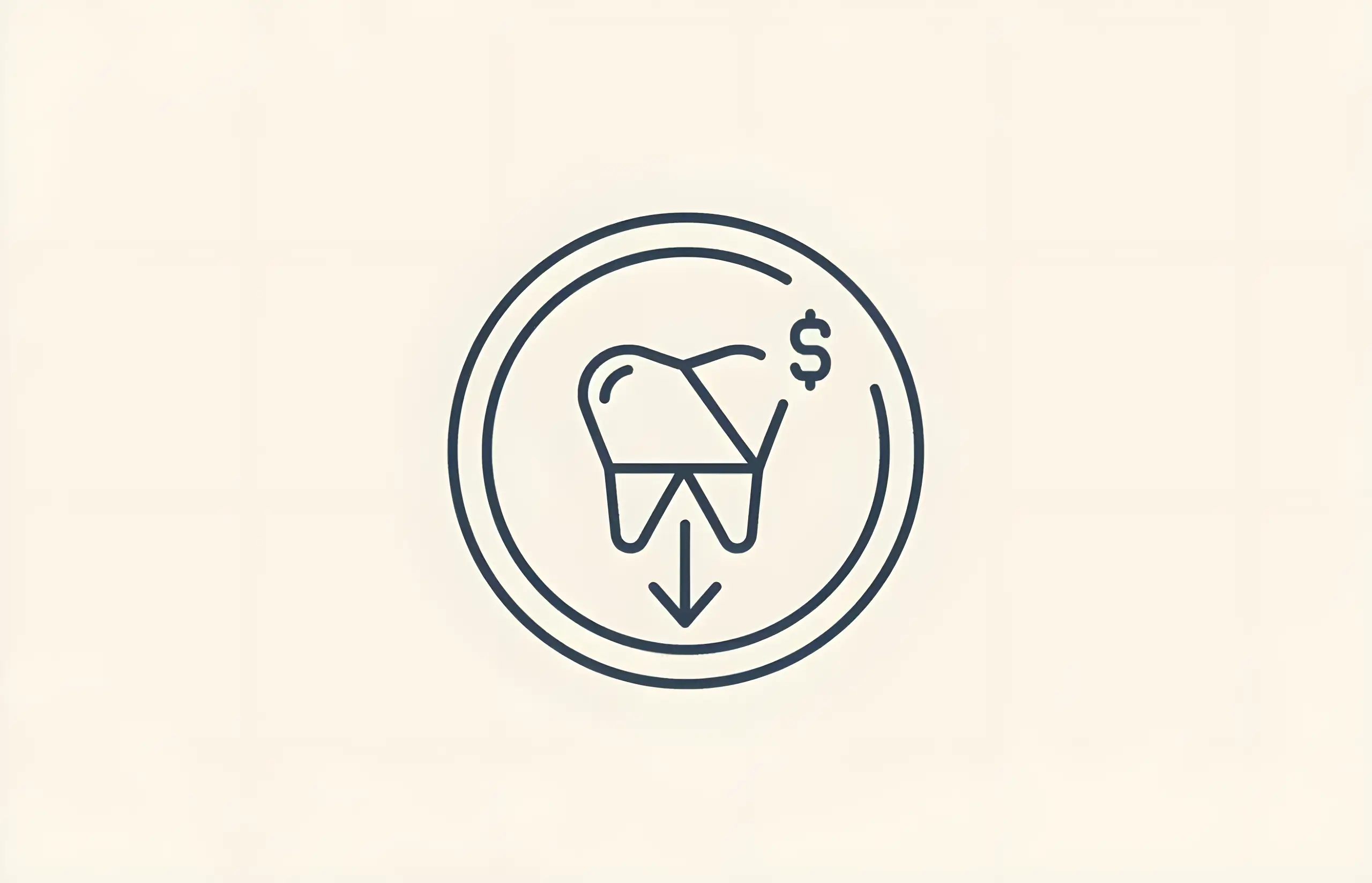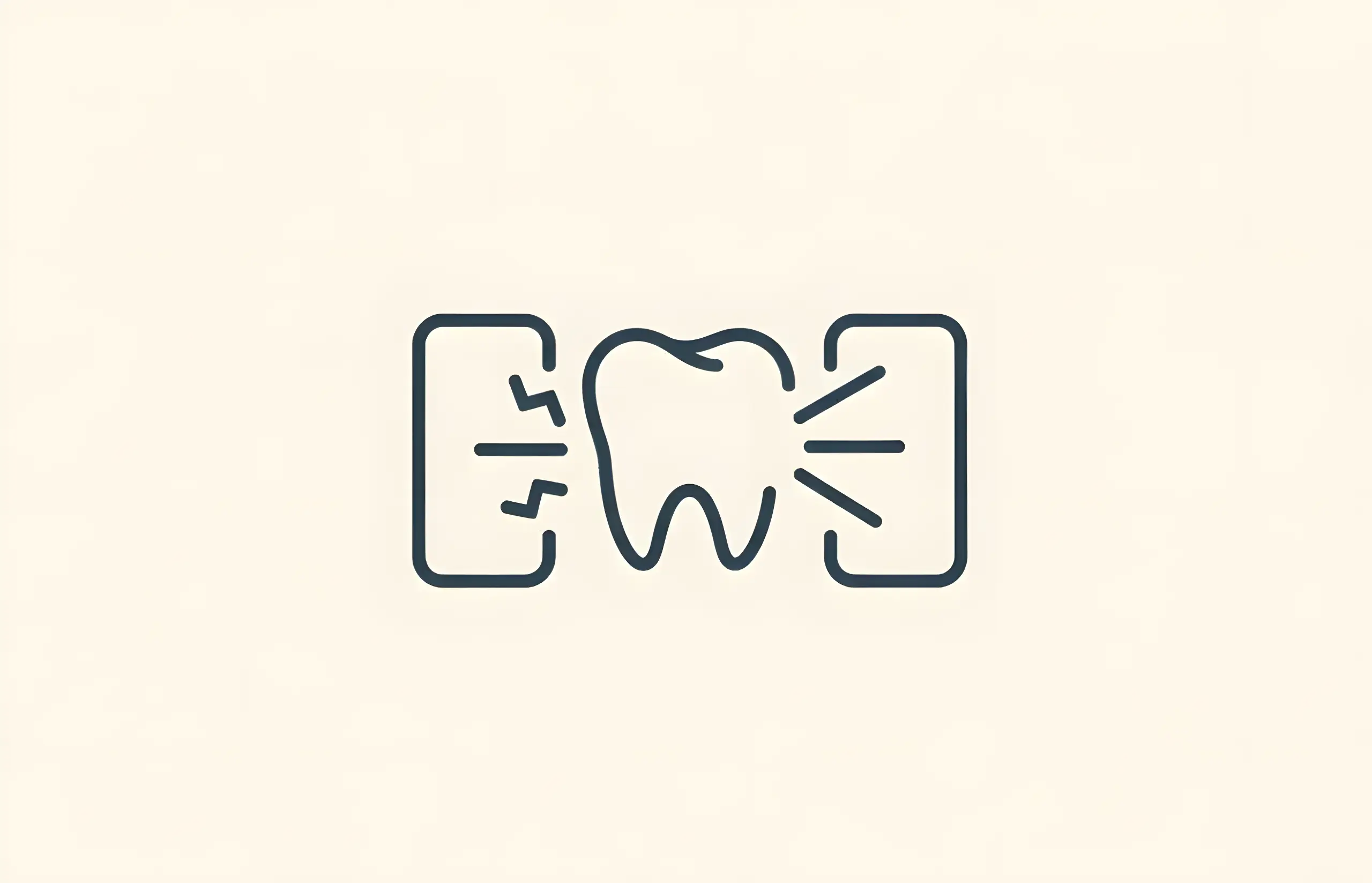Some amount of pain and surroundings is quite normal after a tooth extraction. We receive anesthesia during the procedure but once it wears off, we start to feel a little pain that lasts through the recovery period.
Medication is usually enough to manage this pain. However, sometimes if the pain is unusually high, it could be a sign of something far worse. It is important to be able to identify the cause of the pain and seek further treatment if necessary.
Let us look at all the causes of pain in the teeth after an extraction.
Pain Experienced after a Tooth Extraction
Getting an extraction is always tough on the gums and the teeth surrounding the extraction area. Let us look at some of the reasons why:
- With regular extraction procedures, the tooth is just wriggled loose and pulled out with forceps. This irritates the gums in the extracted area and can lead to some swelling too. You can expect to feel minor pain in this case.If the case is more complicated, the dentist will perform a surgical extraction. An incision is made in the gum tissue and the dentist accesses the entire tooth to safely extract it.You can expect a higher degree of pain after a surgical extraction. You are given both local anesthesia and IV anesthesia to numb the area during the procedure. The doctor will prescribe a painkiller for the recovery period.
- In surgical extractions, sometimes the dentist needs to remove part of the bone too. This can cause a lot of pain to the surrounding teeth as they are all rooted to the bone.Teeth also require a necessary amount of bone mass to stay rooted in their place. When bone is removed, it affects the surrounding teeth and causes pain.When there is less bone mass to support the teeth, the surrounding teeth become weaker. Also, when a tooth is removed, bone reabsorption starts. This can make the surrounding teeth shift around in the jaw.
The roots of the surrounding teeth are exposed when the process of shifting starts. This also causes sensitivity and pain.
- Teeth are packed closely together in the jaw. Dentists work in a very compact space and sometimes accidentally damage the surrounding teeth in the extraction process.In most cases, the damage is very minor. There might be some extra pressure on surrounding teeth which will cause soreness and pain post-procedure. It fades away within the week and doesn't have any lasting effects.
Sometimes the tools might not be a very good fit for your mouth or the dentist might accidentally chip an adjacent tooth or scratch the gum. This will cause pain in the surrounding teeth after the tooth extraction.
- Our sinuses are connected to the upper jaw. If the surgeon is removing a tooth close to the sinus cavity, sometimes the membrane lining of the sinus gets torn.It doesn't have any lasting implications and the area heals within a couple of weeks. You might experience pain in the teeth close to this area after extraction.
Here are a few more serious issues that can cause pain in the extraction site after a tooth extraction:
- Infection: If you see major swelling in the gums or your face after an extraction, there could be an infection in the socket. This can cause pain and irritation in the surrounding teeth too.Dentists will prescribe antibiotics and clean out the extraction site if required.
- Dry Socket: When the bone in the socket is exposed after an extraction, you run the risk of developing a dry socket. The wound does not form a blood clot like it is supposed to and leaves the underlying bone vulnerable.Since other teeth are also connected to the bone, this infection can be hard on the surrounding teeth too. With medical attention, the pain subsides in 2 weeks.
- Tearing in the Gums: Sometimes the gums near the tooth get torn out when it is extracted. If the tear is minor, it is left to heal on its own. Having torn gums will obviously be painful for the patient while it heals.If the tear is considerably large, the patient receives stitches to help the gums heal quickly.
Wrapping Up
A tooth extraction is a small procedure but it does exert a lot of pressure on the jaw and the surrounding teeth. A small amount of pain or discomfort is to be expected and is completely normal.
However, if you experience severe pain or it doesn't subside within the stipulated period, you should visit your dentist as it could be something more serious, like a dry socket or infection.
Sources and References
- [1]
-
[2]
Post-extraction pain in the adjacent tooth after surgical extraction of the mandibular third molarOral Surgery, Oral Medicine, Oral Pathology and Oral Radiologyhttps://pmc.ncbi.nlm.nih.gov/articles/PMC6726888/
-
[3]
Adjacent tooth trauma in complicated mandibular third molar surgery: Risk degree classification and digital surgical simulationInternational Journal of Clinical and Experimental Medicinehttps://pmc.ncbi.nlm.nih.gov/articles/PMC5156916/
-
[4]
Alveolar ridge resorption after tooth extraction: A consequence of a fundamental principle of bone physiologyJournal of Prosthodonticshttps://pmc.ncbi.nlm.nih.gov/articles/PMC3425398/
-
[5]
Prevalence and Factors Influencing Post-Operative Complications following Tooth Extraction: A Narrative ReviewJournal of Clinical Medicinehttps://pmc.ncbi.nlm.nih.gov/articles/PMC11098612/
All sources accessed and verified on . Medical information reviewed for accuracy and compliance with current guidelines.
Related Articles

The Dangers of Tooth Extraction in Elderly People
Understanding the increased risks, complications, and special considerations for tooth extraction in geriatric patients

How Long Does Pain After Wisdom Tooth Extraction Last?
Understanding wisdom tooth extraction pain duration, recovery timeline, and how to minimize discomfort after the procedure

How Much Does A Tooth Extraction Cost?
Understanding the costs, procedures, and benefits of tooth extraction in the UK

How Much Does Wisdom Tooth Removal Cost?
Comprehensive guide to wisdom tooth removal costs in the UK, including NHS (£62.10) and private (£100-£250) pricing, removal procedures, complications, alternatives, and when extraction is necessary
About The Dental Guide
The Dental Guide is a trusted online resource providing evidence-based information about dental health, treatments, and procedures. Our content is created and reviewed by qualified dental professionals to help you make informed decisions about your oral health.
Our Mission
- Evidence-based dental information
- Expert-reviewed content
- Clear, accessible explanations
- Latest treatment options
- Patient-focused guidance
Editorial Standards
- GDC-registered dental professionals
- Peer-reviewed sources
- Regular content updates
- Medical accuracy verification
- Transparent authorship
Important Notice
The information on The Dental Guide is for educational purposes only and should not replace professional dental advice. Always consult with a qualified dentist for diagnosis and treatment recommendations tailored to your individual needs and circumstances.
Medically Reviewed
Reviewed by Dr. Nasim Mechoui , BDS (Bristol)
Share this article
Comments & Discussion
Have questions about dental implants? Share your thoughts or experiences.
